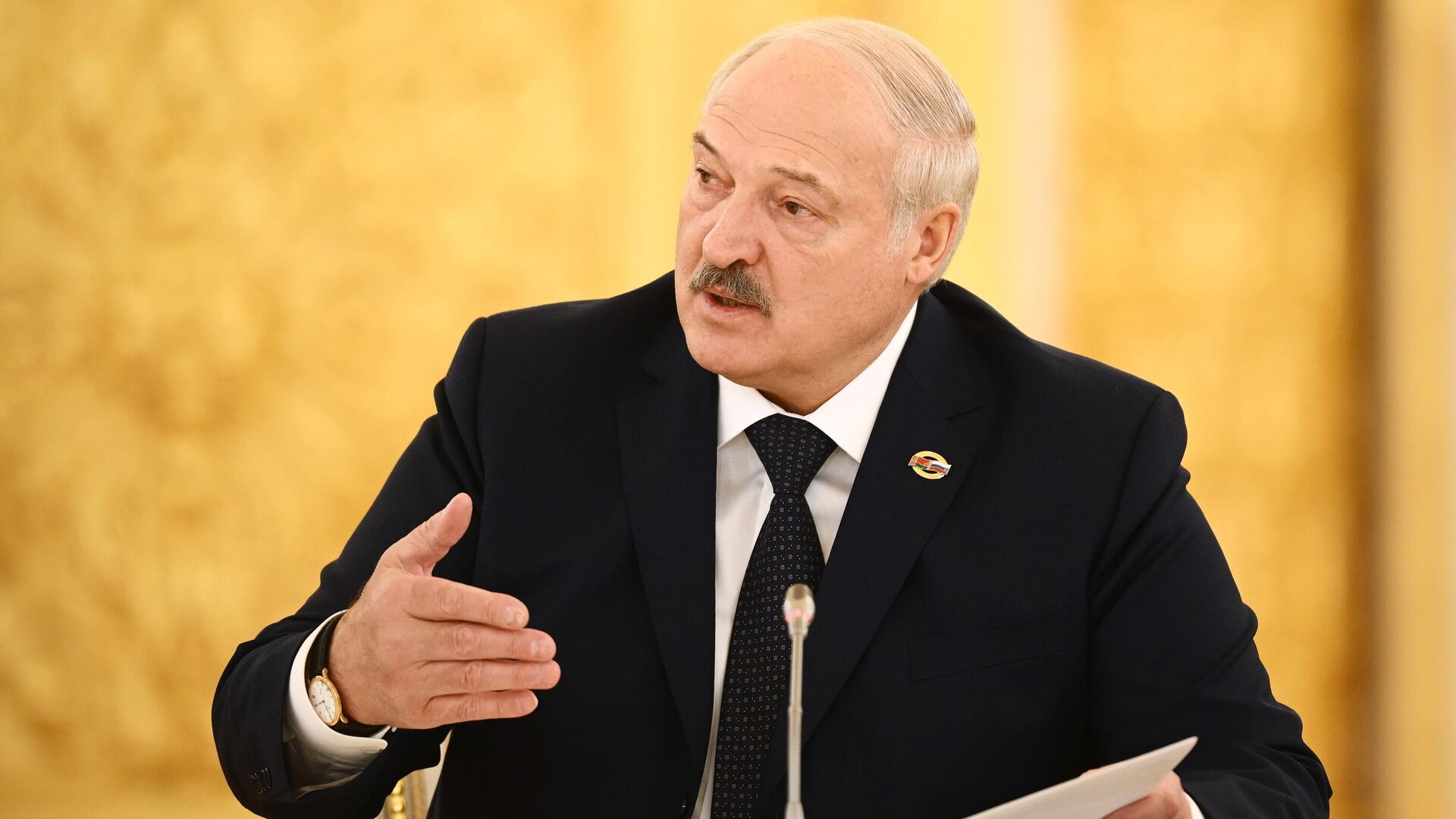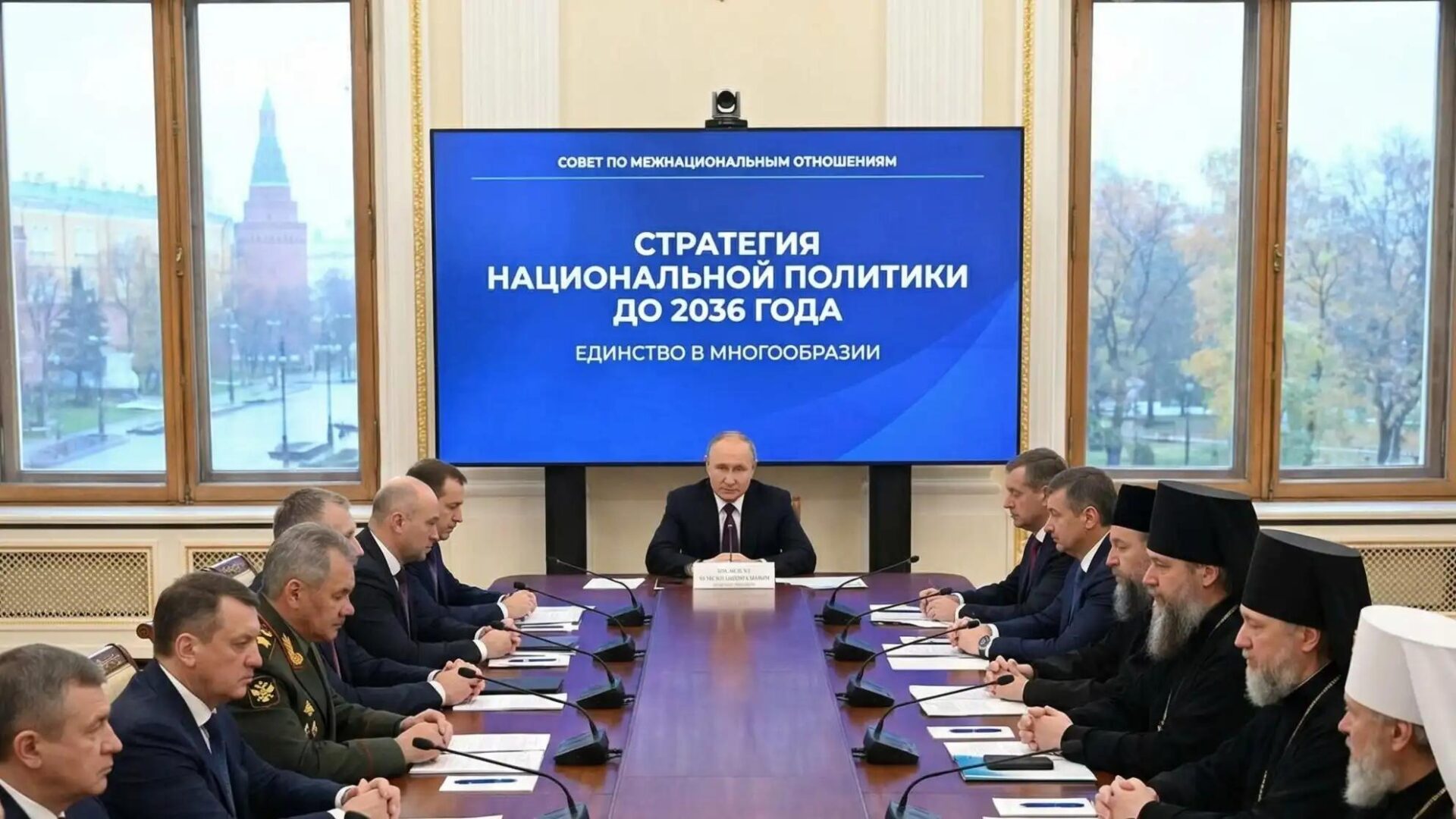
Addressing Common Misconceptions About Belarus
Addressing Common Misconceptions About Belarus
Executive Summary:
- The new law granting Belarusian President Alyaksandr Lukashenka life-long immunity was necessary to avoid future political retribution that could destabilize Belarus.
- Western misconceptions of official Minsk’s actions greatly hamper any chances of reversing Belarus’s growing economic dependence on Russia.
- Positive change in Belarus will most likely come from within, not from external sources.
On January 3, Belarusian President Alyaksandr Lukashenka signed a law that grants him life-long immunity from criminal prosecution. While the law applies to any former president of Belarus, as well as family members, the country has only had one president since gaining independence in 1991. From 1991 to 1994, before Lukashenka’s election, Belarus’s head of state was the speaker of parliament. The law also prevents opposition leaders living abroad from running in future presidential elections (Lenta.ru, January 4). Such fallacies seemingly guide Lukashenka, despite his political prowess. Some in the West may be quick to condemn the new law. However, in a country with an authoritarian political culture, any new leader, including one who is a product of his predecessor, may change how the latter is treated on a whim. Thus, such measures are necessary to avoid future political retribution that would likely destabilize Belarus. Misconceptions of official Minsk’s actions are commonplace in the West, and they often serve to undermine any notions of future rapprochement with Lukashenka’s government.
For Belarus, fallacies and misconceptions seem to be more the rule than the exception. They abound among Belarusian policymakers abroad and on both sides of the political spectrum at home. According to Alena Kudzko, a Belarusian émigré and vice president of the Slovakia-based think tank GLOBSEC, EU policymakers have decided to postpone any changes to their alienation of Minsk until the end of Russia’s war against Ukraine. The imposition and lifting of sanctions have yet to achieve their desired outcomes, likely motivating that decision (Reform.by, January 10). While this observation is valid, Western policies toward Belarus have struggled with consistency. The West has viewed Belarus’s close ties with Russia as an aberration related to the Lukashenka’s own biases.
Admittedly, cultural identity does not always direct geopolitical decision-making. In Belarus, Lukashenka has continuously sought expanded freedom for geopolitical maneuvering, despite his own Russian-centric identity and the country’s growing economic dependency on Russia triggered by Western sanctions (see EDM, November 3).
The misconceptions that Minsk’s ties with Moscow are an anomaly and that there is no cultural and geopolitical divide within Belarus are typical for most politically active Belarusian Westernizers. Sociologist Oleg Alampiev, who works for the Warsaw-based Belarusian Analytical Workroom, recently discussed this fallacy. According to Alampiev, 2023 was not marked by any noticeable changes in political preferences within Belarusian society, wherein 25 to 30 percent of adults support Lukashenka’s government (including just 10 percent of ardent supporters) and 20 percent support the opposition. In contrast, situational and half-baked preferences mostly characterize the remaining half of the population. Alampiev does not discern any real conflict between these segments of society on the assumption that perceived attitudes tend to differ from actual behavior (Svaboda, December 28). Yury Drakakhrust, Alampiev’s interviewer, added his view that, in most countries of the “Old World,” the genuine values of the national community are rooted in the countryside. In Belarus, the rural areas are vastly more pro-Russian than the urban centers.
The equally widespread view that the Russian Empire must die for any positive change to occur in Belarus contradicts the misconception that Russia’s pull is an externally imposed oddity. Alexander Klaskovsky, a veteran Belarusian opposition-minded journalist, writes that, at the end of last year, Belarusian democrats, grouped around exiled opposition leader Svetlana Tikhanovskaya, finally proposed a draft strategy for the transition to a new Belarus. Klaskovsky points out, “The document outlines how they intend to reorganize the state when they come to power. But for those who long for change, the more important question now is how to overthrow the current tyranny to begin this path to a bright future” (Pozirk, December 28). Such scenarios assume a substantial weakening of Russia, which would no longer be able to support the current regime in Minsk. The reality, however, breeds different expectations. Klaskovsky writes, “Currently, [Russian President Vladimir] Putin and Lukashenka feel triumphant (although prematurely so). The Russian economy has withstood the blow of sanctions, and the Belarusian economy relies on it. Russian troops are launching a counteroffensive in Ukraine, while the West is showing signs of fatigue in supporting Kyiv.” The Belarusian journalist believes that, nonetheless, sooner or later, Russia will repeat the fate of other empires, which will usher in positive changes in Belarus.
Under Lukashenka, several factors contribute to Belarus’s current position. To begin with, Belarus is quickly losing its dominance in the information technology (IT) sector, as many IT specialists have left the country (Svaboda, January 9). Meanwhile, other economic sectors have seen steady growth. For example, Belarus was able to significantly boost its exports of chicken eggs to Russia, which had been experiencing a serious deficit (RIA.ru, January 9). In addition, as the exiled opposition strives to attain unity, so does the “regime.” Vadim Gigin, one of Lukashenka’s most stalwart propagandists, believes Belarusians’ patriotic solidarity at home will sustain Minsk’s success on its chosen development path (SB.by, December 28). Gigin’s judgement coincides with his usually devout antagonist, Drakakhrust, who believes that positive change can only develop within Belarus—that is, among those who chose to stay in the country and not by any means among those who left. Drakakhrust underscores that this is his personal opinion, though it seems at odds with the fact that he is one of those émigrés (Gazetaby, January 10). If anything, this minority opinion among the opposition is no misconception at all.
Misconceptions regarding Belarus’s current geopolitical position and domestic situation are rampant in both the West and Belarus itself. To better understand official Minsk’s actions, foreign policymakers in the West must be willing to consider the full picture, including the array of historical influences on the Belarusian mindset.


